Legal Services in Victoria
Frequently Asked Questions
Marshall Massey Alberto Lawyers understand that clients often have a multitude of questions and concerns when seeking legal advice and representation. This is a compilation of some of the more frequently asked questions that our clients often present to us, along with concise answers to provide clarity and reassurance. Marshall Massey Alberto value open communication and are dedicated to addressing client concerns so as to serve client needs effectively.
Criminal Defence
The police have charged me with a crime. What should I do?
Contact a criminal defence lawyer right away. You may be stressed and confused. That is normal. The criminal justice system can be confusing, and your charge may carry significant legal jeopardy for you. A lawyer who specializes in criminal defence can help you navigate this system and assert your legal rights.
The police want me to come to the police station to make a statement. What should I do?
Contact a criminal defence lawyer right away. The lawyer will advise you on your options. This advice will depend on the context and the nature of the crime the police are investigating.
However, the advice will almost always be: do not give a statement. If the police want to recommend charges to the Crown, there is probably not anything you can say to convince them otherwise. Do not try to talk your way out of it. Giving a statement is not likely to help you, but it very often can hurt you.
Remember your right to silence. Use it.
Can my charges be dropped or reduced?
Possibly. One of the most important parts of a criminal defence lawyer’s job is to negotiate with Crown counsel. These negotiations can include reducing the charge to something less significant, a stay of proceedings, or diverting the charge out of the traditional criminal justice system to alternative options.
It is almost always worth discussing resolution options with Crown.
There’s a warrant out for my arrest. What do I do?
Call a lawyer. You have a right to speak to one after being arrested, but you’ll be able to think more clearly and ask the questions you need to before turning yourself in. A lawyer can give you advice about how to prepare to turn yourself in: how the bail system works, the best place to do so, how to exercise your right to silence, and so on.
Immediate Roadside Prohibition (IRP)
I just got prohibited from driving for 90 days after I blew a ‘fail.’ What do I do?
Don’t panic:
You’re dealing with B.C.’s Administrative Driving Prohibition program, run by a government body that hands out temporary suspensions. Talk to a lawyer about how to fight yours, and don’t delay: you need to challenge your prohibition within seven days of the incident.
Make sure you respect your prohibition, even if you challenge it. A charge for driving while prohibited from doing so is a criminal offence.
Will an IRP give me a criminal record?
No: this is not a criminal charge. That doesn’t mean, however, that it isn’t a serious situation. Contact a lawyer who specializes in IRPs immediately to get advice on your options.



